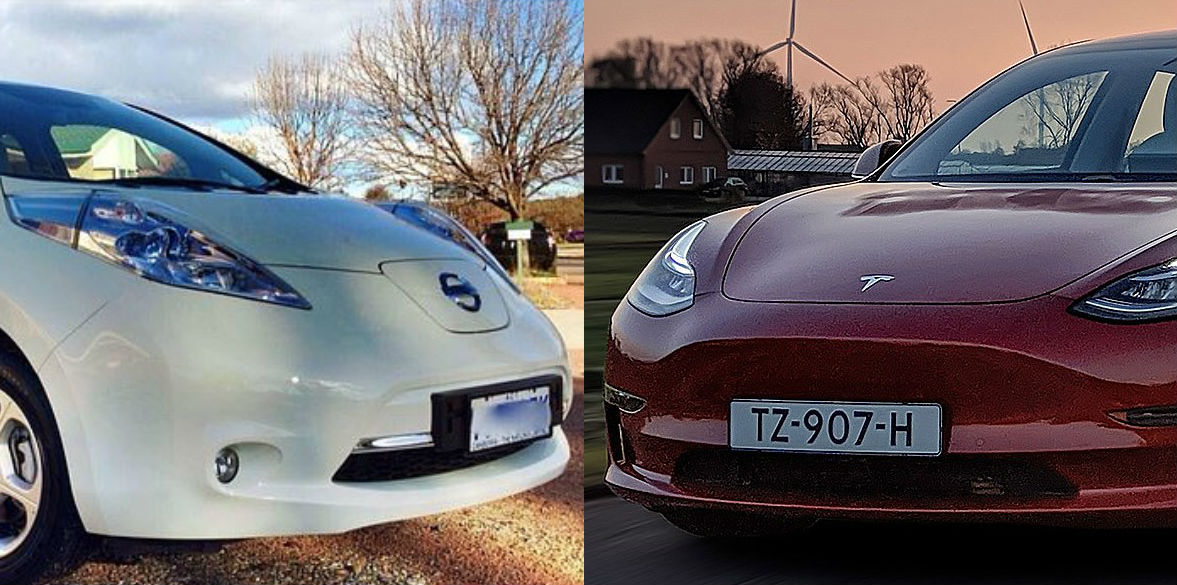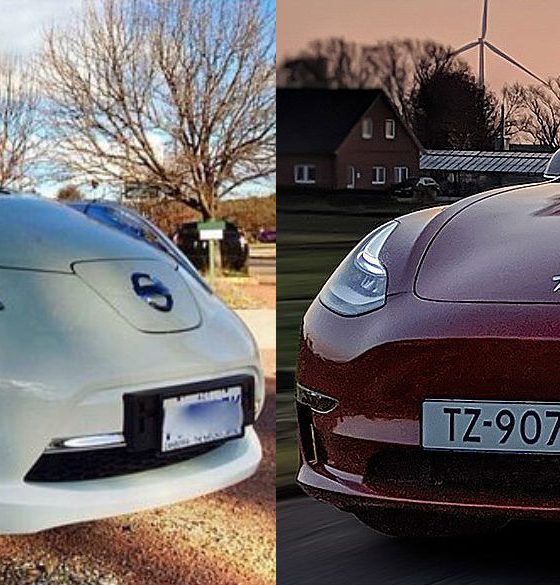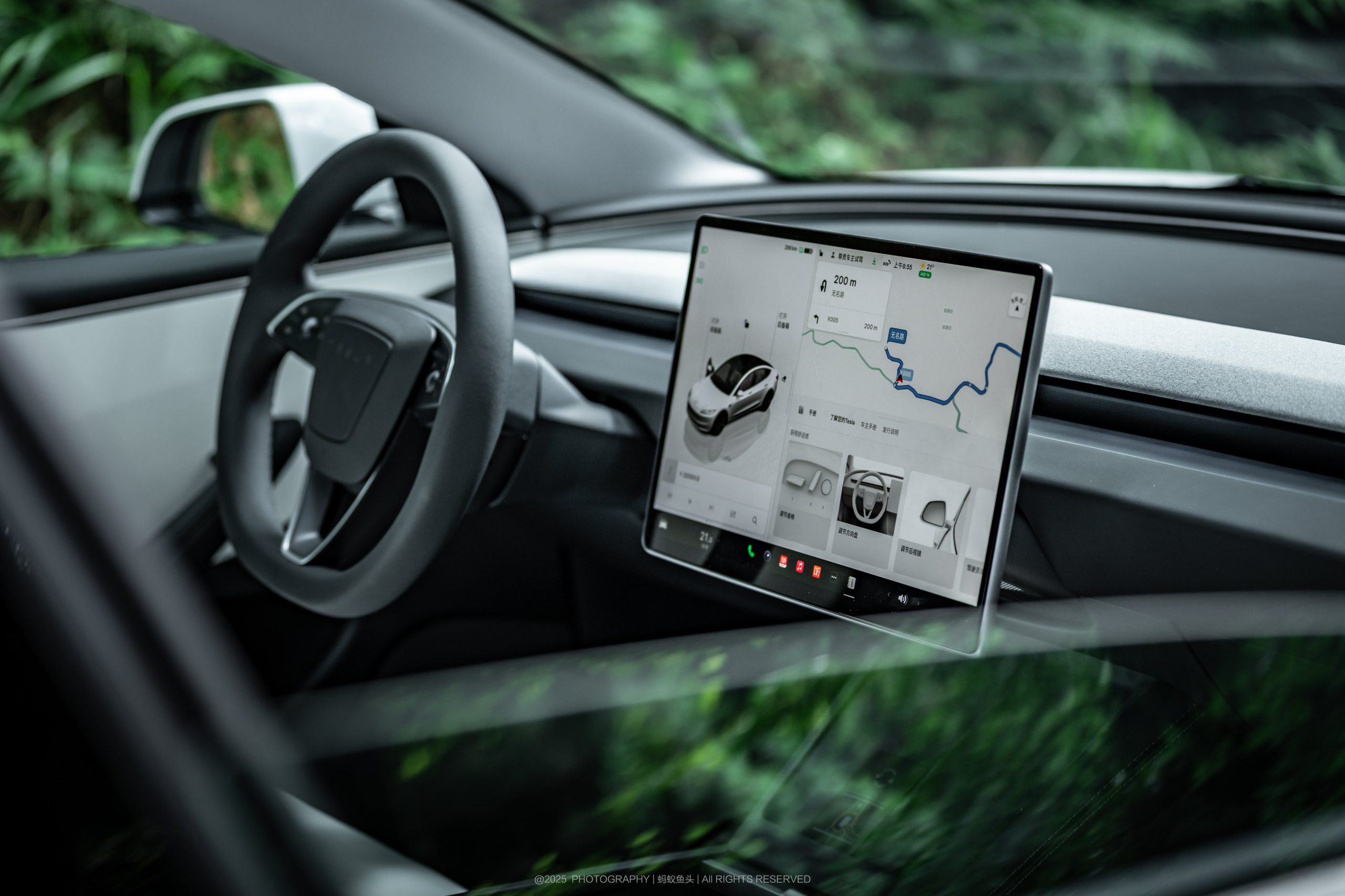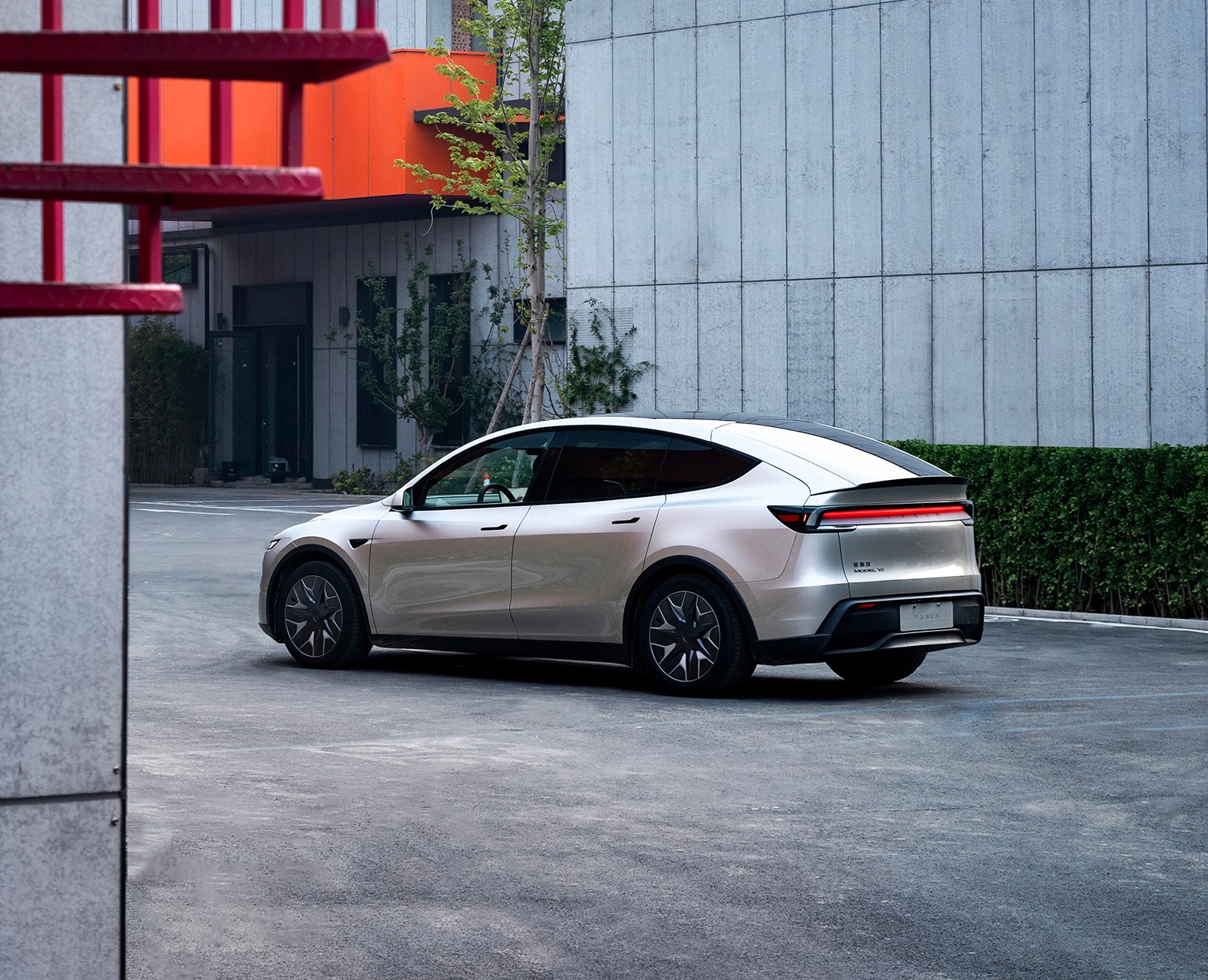

News
Nissan Leaf owner looks to buy Tesla Model 3 after battery invoice nightmare
A longtime Nissan Leaf owner and electric car enthusiast from Australia is looking to purchase a Tesla Model 3 for his next vehicle, following an unpleasant experience surrounding his present EV and a painfully large invoice for a battery replacement.
Canberra engineer Phillip Carlson has been a supporter of electric cars for a long time. This is why in August 2012, he took delivery of a first-generation 24 kWh Nissan Leaf, which he purchased for AU$53,500 (around $35,800). He enjoyed the vehicle and its electric propulsion, though he noticed that he was not getting the range advertised by the Japanese carmaker. Such was expected during winters, but even with regular use, it proved difficult to hit the vehicle’s rated 135 km (84 miles) of range.
Carlson submitted a series of complaints about his vehicle to his dealership over the Leaf’s warranty period, though he was periodically informed that there was nothing wrong with his car. Still, the range issues remained. By 2017, five years after the vehicle was bought, the Leaf was struggling to reach 60 km (37 miles) per charge. The EV enthusiast persisted in his complaints, and earlier this year, it appeared that the dealership finally looked into the issue seriously. “That was the first time they bothered looking at it after I complained so much,” he said in a statement to The Daily Mail Australia.
As it turned out, Carlson’s Leaf actually needed a battery replacement. The Nissan dealership then opted to address the issue, but for a very hefty price. The electric car advocate received an invoice for AU$33,385 (around $22,300) for a full battery replacement for his 7-year-old Leaf. The charge was quite cruel, especially since a 24 kWh first-generation Leaf could be acquired for just about AU$12,000 (around $8,000) in the second-hand Australian auto market.
In a statement to the Australian publication, a Nissan spokesperson stated that it is currently working with the Leaf owner to resolve his vehicle’s issues. As for Carlson, he believes that he should not be charged since his Leaf’s problems were not his fault. The EV enthusiast argued that much of his vehicle’s battery issues were due to Nissan’s design, which lacks ample cooling systems.
Yet, despite his unpleasant experience with his Leaf, Carlson stated that he has no intention of buying a non-electric vehicle. The engineer noted that his next car will definitely be all-electric — it just won’t be a Leaf. Instead, he is looking to purchase a Tesla Model 3, which has more range and has ample cooling for its hefty battery pack. Carlson is also more optimistic about Tesla as the company has extensive experience with electric cars and how they are evaluated and handled.
“Given my time again I’d prefer to hold off buying the Nissan and buy the new Tesla Model 3. Much better range, better support and built by a company that seems to actually care about customers and design their batteries to be (liquid)-cooled. That was the biggest problem with Nissan, even the new model Nissan Leaf still doesn’t water cool the battery,” Carlson said.
Nissan’s treatment of his vehicle’s issues might have been a nightmare, but ultimately, Carlson still considers the small, humble Leaf as a “fantastic” car. “Even as terrible as Nissan has treated me, the Nissan Leaf is still a fantastic car; it’s just that I can’t drive it very far anymore. Just to be clear, I am still a fan of electric vehicles but Nissan has done a terrible thing here,” he said.
H/T Glen Keating.

News
Tesla confirms Full Self-Driving still isn’t garnering interest from lagging competitors

Tesla executive Sendil Palani confirmed in a post on social media platform X that Full Self-Driving, despite being the most robust driver assistance program in the United States, still isn’t garnering any interest from lagging competitors.
Tesla has said on several occasions in the past that it has had discussions with a competing carmaker to license its Full Self-Driving suite. While it never confirmed which company it was, many pointed toward Ford as the one Tesla was holding dialogue with.
At the time, Ford CEO Jim Farley and Tesla CEO Elon Musk had a very cordial relationship.
Despite Tesla’s confirmation, which occurred during both the Q2 2023 and Q1 2024 Earnings Calls, no deal was ever reached. Whichever “major OEM” Tesla had talked to did not see the benefit. Even now, Tesla has not found that dance partner, despite leading every company in the U.S. in self-driving efforts by a considerable margin.
Elon Musk says Tesla Robotaxi launch will force companies to license Full Self-Driving
Palani seemed to confirm that Tesla still has not found any company that is remotely interested in licensing FSD, as he said on X that “despite our best efforts to share the technology,” the company has found that it “has not been proven to be easy.”
Licensing FSD has not proven to be easy, despite our best efforts to share the technology. https://t.co/VGYBU7Aduw
— Sendil Palani (@sendilpalani) February 3, 2026
The question came just after one Tesla fan on X asked whether Tesla would continue manufacturing vehicles.
Because Tesla continues to expand its lineup of Model Y, it has plans to build the Cybercab, and there is still an immediate need for passenger vehicles, there is no question that the company plans to continue scaling its production.
However, Palani’s response is interesting, especially considering that it was in response to the question of whether Tesla would keep building cars.
Perhaps if Tesla could license Full Self-Driving to enough companies for the right price, it could simply sell the suite to car companies that are building vehicles, eliminating the need for Tesla to build its own.
While it seems like a reach because of Tesla’s considerable fan base, which is one of the most loyal in the automotive industry, the company could eventually bail on manufacturing and gain an incredible valuation by simply unlocking self-driving for other manufacturers.
The big question regarding why Tesla can’t find another company to license FSD is simply, “Why?”
Do they think they can solve it themselves? Do they not find FSD as valuable or effective? Many of these same companies didn’t bat an eye when Tesla started developing EVs, only to find themselves years behind. This could be a continuing trend.
News
Tesla exec pleads for federal framework of autonomy to U.S. Senate Committee

Tesla executive Lars Moravy appeared today in front of the U.S. Senate Commerce Committee to highlight the importance of modernizing autonomy standards by establishing a federal framework that would reward innovation and keep the country on pace with foreign rivals.
Moravy, who is Tesla’s Vice President of Vehicle Engineering, strongly advocated for Congress to enact a national framework for autonomous vehicle development and deployment, replacing the current patchwork of state-by-state rules.
These rules have slowed progress and kept companies fighting tooth-and-nail with local legislators to operate self-driving projects in controlled areas.
Tesla already has a complete Robotaxi model, and it doesn’t depend on passenger count
Moravy said the new federal framework was essential for the U.S. to “maintain its position in global technological development and grow its advanced manufacturing capabilities.
He also said in a warning to the committee that outdated regulations and approval processes would “inhibit the industry’s ability to innovate,” which could potentially lead to falling behind China.
Being part of the company leading the charge in terms of autonomous vehicle development in the U.S., Moravy highlighted Tesla’s prowess through the development of the Full Self-Driving platform. Tesla vehicles with FSD engaged average 5.1 million miles before a major collision, which outpaces that of the human driver average of roughly 699,000 miles.
Moravy also highlighted the widely cited NHTSA statistic that states that roughly 94 percent of crashes stem from human error, positioning autonomous vehicles as a path to dramatically reduce fatalities and injuries.
🚨 Tesla VP of Vehicle Engineering, Lars Moravy, appeared today before the U.S. Senate Commerce Committee to discuss the importance of outlining an efficient framework for autonomous vehicles:
— TESLARATI (@Teslarati) February 4, 2026
Skeptics sometimes point to cybersecurity concerns within self-driving vehicles, which was something that was highlighted during the Senate Commerce Committee hearing, but Moravy said, “No one has ever been able to take over control of our vehicles.”
This level of security is thanks to a core-embedded central layer, which is inaccessible from external connections. Additionally, Tesla utilizes a dual cryptographic signature from two separate individuals, keeping security high.
Moravy also dove into Tesla’s commitment to inclusive mobility by stating, “We are committed with our future products and Robotaxis to provide accessible transportation to everyone.” This has been a major point of optimism for AVs because it could help the disabled, physically incapable, the elderly, and the blind have consistent transportation.
Overall, Moravy’s testimony blended urgency about geopolitical competition, especially China, with concrete safety statistics and a vision of the advantages autonomy could bring for everyone, not only in the U.S., but around the world, as well.
News
Tesla Model Y lineup expansion signals an uncomfortable reality for consumers

Tesla launched a new configuration of the Model Y this week, bringing more complexity to its lineup of the vehicle and adding a new, lower entry point for those who require an All-Wheel-Drive car.
However, the broadening of the Model Y lineup in the United States could signal a somewhat uncomfortable reality for Tesla fans and car buyers, who have been vocal about their desire for a larger, full-size SUV.
Tesla has essentially moved in the opposite direction through its closure of the Model X and its continuing expansion of a vehicle that fits the bill for many, but not all.
Tesla brings closure to Model Y moniker with launch of new trim level
While CEO Elon Musk has said that there is the potential for the Model Y L, a longer wheelbase configuration of the vehicle, to enter the U.S. market late this year, it is not a guarantee.
Instead, Tesla has prioritized the need to develop vehicles and trim levels that cater to the future rollout of the Robotaxi ride-hailing service and a fully autonomous future.
But the company could be missing out on a massive opportunity, as SUVs are a widely popular body style in the U.S., especially for families, as the tighter confines of compact SUVs do not support the needs of a large family.
Although there are other companies out there that manufacture this body style, many are interested in sticking with Tesla because of the excellent self-driving platform, expansive charging infrastructure, and software performance the vehicles offer.
Additionally, the lack of variety from an aesthetic and feature standpoint has caused a bit of monotony throughout the Model Y lineup. Although Premium options are available, those three configurations only differ in terms of range and performance, at least for the most part, and the differences are not substantial.
Minor Expansions of the Model Y Fail to Address Family Needs for Space
Offering similar trim levels with slight differences to cater to each consumer’s needs is important. However, these vehicles keep a constant: cargo space and seating capacity.
Larger families need something that would compete with vehicles like the Chevrolet Tahoe, Ford Expedition, or Cadillac Escalade, and while the Model X was its largest offering, that is going away.
Tesla could fix this issue partially with the rollout of the Model Y L in the U.S., but only if it plans to continue offering various Model Y vehicles and expanding on its offerings with that car specifically. There have been hints toward a Cyber-inspired SUV in the past, but those hints do not seem to be a drastic focus of the company, given its autonomy mission.
Model Y Expansion Doesn’t Boost Performance, Value, or Space
You can throw all the different badges, powertrains, and range ratings on the same vehicle, it does not mean it’s going to sell better. The Model Y was already the best-selling vehicle in the world on several occasions. Adding more configurations seems to be milking it.
The true need of people, especially now that the Model X is going away, is going to be space. What vehicle fits the bill of a growing family, or one that has already outgrown the Model Y?
Not Expanding the Lineup with a New Vehicle Could Be a Missed Opportunity
The U.S. is the world’s largest market for three-row SUVs, yet Tesla’s focus on tweaking the existing Model Y ignores this. This could potentially result in the Osborne Effect, as sales of current models without capturing new customers who need more seating and versatility.
Expansions of the current Model Y offerings risk adding production complexity without addressing core demands, and given that the Model Y L is already being produced in China, it seems like it would be a reasonable decision to build a similar line in Texas.
Listening to consumers means introducing either the Model Y L here, or bringing a new, modern design to the lineup in the form of a full-size SUV.








